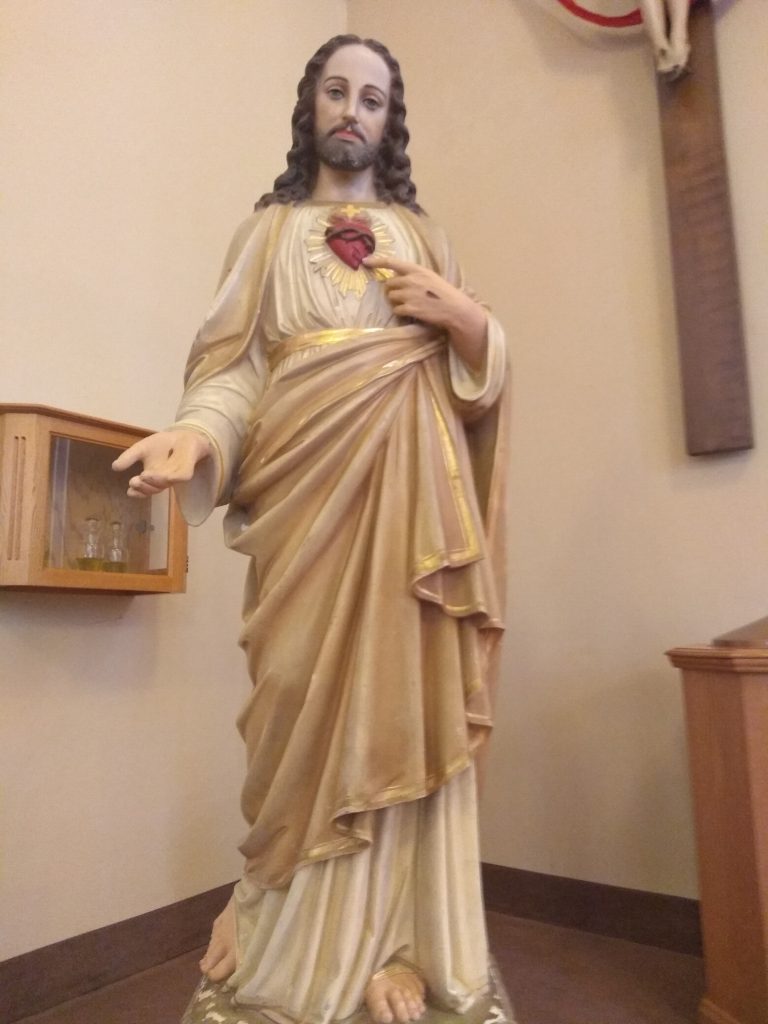I would have never thought I would have to write about prejudices or hate. I could write a book about why it is so bad, so to think that there are people today who embrace it as a way life is abhorrent. But as Catholics, we must still live the gospel message of salvation and love as God’s plan for us. We must persevere in holiness of life and continually offer mercy and forgiveness to those who are more than willing to take advantage of our and God’s generosity.
Prejudices can come from two perspectives. The first is one that has pure evil intent on suppressing another using whatever classification one needs to justify suppression. Slavery itself has been around almost since the time of Cain and Abel. Slavery is not a white, black, brown, religion, national or anything otherwise problem. It is a human problem. There will always be people who will want to take advantage of others by whatever means they can get by with. That is why it is so important that we have laws that are applied equally to all peoples that protect all peoples from injustice. Not only should the laws promote equality, there also needs to be a means by which the law is applied equally by governing bodies like the police. Without such a structure, justice cannot be obtained in humanities fallen state. At the same time, there will be no perfect governing body. There will always be people who at least fall short of the goal of justice and there may be some who do not desire it at all. But that does not mean throwing away the justice system. Adjustments are good to make as we go, but the foundation of justice and its principles are always the same.
There is no place in the Catholic Church for such prejudices. The very word catholic means universal. This presumes that the Catholic Church was meant from its very inception by Jesus Christ that the hope of the Gospel message would be offered and accepted in “every tribe and nation” (Rev 7:9-10). God meant for all peoples to be able to respond to the salvation offered and receive the love of God. Every person is made in the image and likeness of God. We also need to be aware that since the Catholic Church is universal and therefore worldwide, it is called to love all peoples. We have such a limited view of the Church if we think merely of the concerns of whatever nation we are from. She prays even for her enemies as Christ did for us. This brings us to the second perspective from which prejudices flow.
It is part of fallen human nature to want to retaliate and do evil back to those who do evil to us or our loved ones. We can make a classification of others who have done the evil and then transpose it onto all people of that classification. But still, this falls short of the gospel message; the Way who is the very person of Jesus. How we react to prejudices cannot be responded with prejudices. Evil begets evil. This is the hardest part of being a Catholic Christian.
So what do we do? St Therese, the little flower, had a situation in the convent. She was ridiculed and demeaned by her very sisters in the convent. What she found is that tolerating them was not easy or good enough. As long as she tried to tolerate, she found the situation difficult. It became easier to choose to do good for the ones who caused her so much suffering. It required energy and strength to love them. The energy she spent made her committed. In that way, she overcame the temptation to do evil back. In choosing to love, she found joy and peace. The anger dissipated by making a commitment to go all the way to love. Love begets love. In her commitment to love, she became fruitful in ways unexpected. We can know about the evil someone has intended for us, but that does not mean not loving them is the answer. Rather, when we will the good, there is an opportunity that actual goodness happens. Let your goodness shine! – Father Barr

